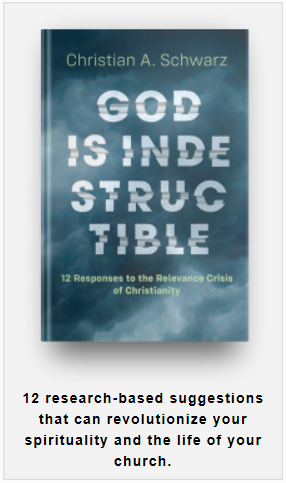YOUR CART

Webinar series: God is relevant, is the Church?
Bill Bickle
- ,
- , Faith
I just read an article about the US election and how national policy discussion is virtually replaced by memes, and celebrity and cultural media coverage. They suggest that feeding people feelings and treating them like juveniles will only last as long as the energy can be maintained. “Feelings are fickle and images are fragile. Rather than building a durable movement, the result is vibe-fare aimed at dopamine-addicted consumers who could be swayed either way.”
Sad to say, but focus on memes and social influencers in the political arena reminds me of how churches have spent several decades on the mechanics of worship rather than what worship is, and who it’s about. As Adam Johnstone (NCD International) says, “For many years, hundreds of thousands of worship teams have tried all manner of stage gymnastics to try to inspire their people from daze to praise … kitchen appliances at a feast for the King are of little use without fresh ingredients to work with.”

These same mechanistic approaches apply in other areas of church life and how we disciple one another: how we lead, how we help people most naturally connect with God according to their personal style. Christian Schwarz, in God Is Indestructible – 12 Responses to the Relevance Crisis of Christianity, pleads with us to focus on freedom, maturity and responsibility. In twelve short chapters, he demonstrates the importance – no, the necessity – for being in growth-mode all day long, all week long, seeing people eye-to-eye, and joining them in mutual learning. Freedom in Christ leads to more Christlikeness (maturity) and then beyond ourselves (responsibility).
I will be hosting a six-week webinar series to review and discuss God Is Indestructible. This conversation will appeal to you if you’d like to read, review and discuss with your peers what’s going on in the global Church today, and what it’s being called to. A copy of the book will be sent to you upon registration because it’s important to read the two chapters covered each week – to engage fully and contribute into the breakout conversations with others, from other denominations, and from other countries. This cross-denominational and cross-cultural aspect of the webinars always ranks highest in the feedback; as one participant said, “not that Bill’s teaching isn’t great, but … the chance to share with others was the most valuable – it was good to know others face the same challenges, and have ideas about dealing with them.”
Visit the NCD Canada website (Fordelm) to register for the webinar series.

